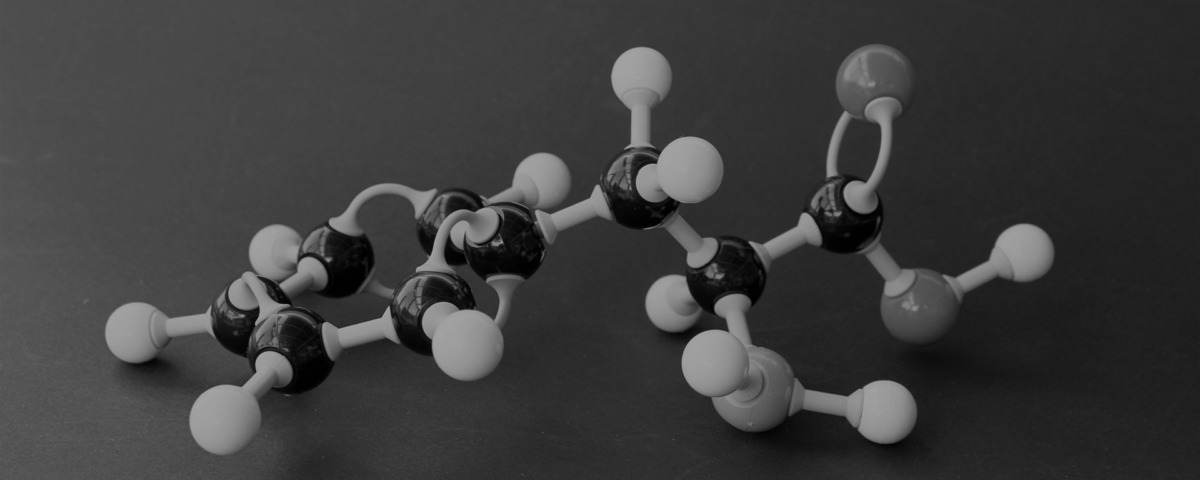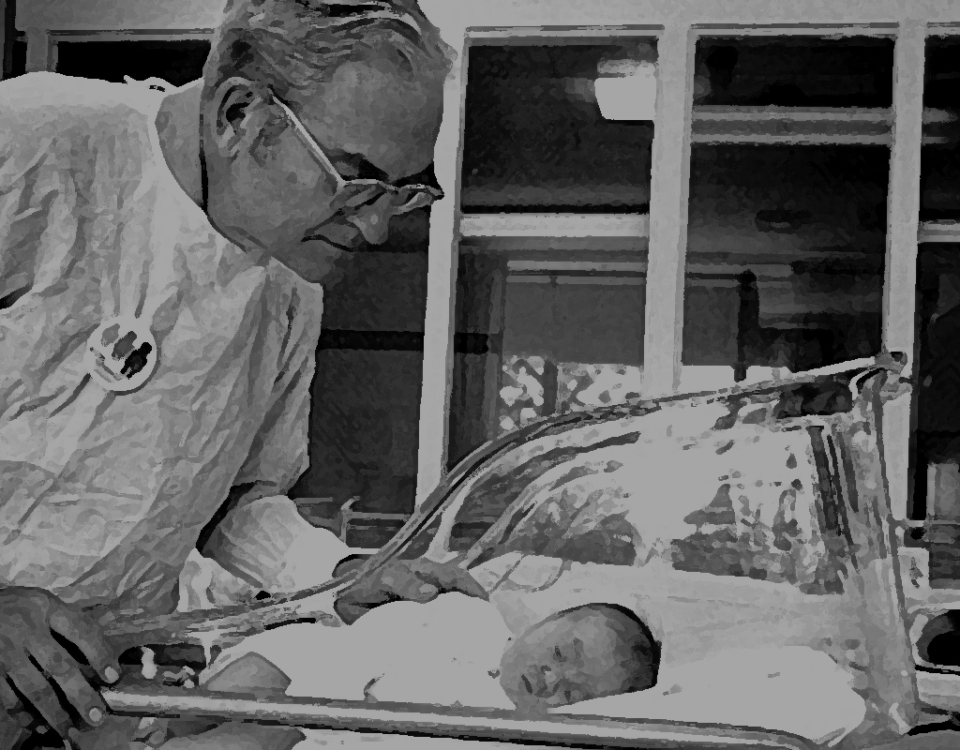Phenylketonuria (PKU)

بیماری فنیل کتونوری (PKU)
۲۳ آبان، ۱۴۰۱
بیماری گالاکتوزمی
۳۰ آبان، ۱۴۰۱Phenylketonuria, also called PKU, is a rare inherited disorder that causes the body to build up an amino acid called phenylalanine. PKU is caused by mutations in the phenylalanine hydroxylase (PAH) gene. This gene helps create the enzyme needed to break down phenylalanine. Our bodies break down the protein in foods like meat and fish into amino acids, which are the “building blocks” of protein. These amino acids are used to build proteins in our body, and other amino acids that are not needed are further broken down and removed from the body. People with PKU cannot break down the amino acid phenylalanine, which leads to the accumulation of this amino acid in the blood and brain of these people and can eventually lead to brain damage in people with this disorder. If a person with PKU takes too much phenylalanine, the accumulation of phenylalanine can cause mental retardation.
Diagnosis of PKU
For the early diagnosis of phenylketonuria and many other metabolic disorders, newborn screening tests are recommended about 1 to 2 days after birth. Newborn screening involves taking a blood sample from the baby’s heel. If the newborn screening results confirm the presence of PKU in the baby, the treatment will begin immediately to reduce the risk of serious complications. Treatment includes following special diets and conducting regular tests of the patient’s blood, and in case of early diagnosis and effective treatment, most children with PKU can live a healthy life. About 1 out of every 5000 babies born in Iran has PKU.
Symptoms of PKU
If the treatment is started on time, phenylketonuria usually will not leave any symptoms. If left untreated, PKU can damage the brain and nervous system and lead to learning disorders. Babies with PKU appear normal for the first few months of life. But without treatment, they show the signs and symptoms of the disease in about six months. If left untreated, other symptoms of PKU are as follows:
- Behavioral problems such as frequent tantrums and episodes of self-harm
- The patient’s skin, hair, and eyes will be lighter than healthy siblings because phenylalanine is involved in the production of melanin (the pigment responsible for skin and hair color).
- Skin rashes such as eczema
- Being sick frequently
- Jerking movements in the arms and legs
- Tremors
- Epilepsy
- The musty smell of breath, skin, and urine
- Small head size
Treatment of PKU
1- Compliance with the diet
There is no definitive cure for PKU, but treatment can prevent mental disabilities and other problems. The primary treatment for phenylketonuria is a low-protein diet, which includes avoiding high-protein foods (such as meat, eggs, and dairy) and controlling the intake of many other foods (such as potatoes and grains). These foods increase blood phenylalanine levels in people with PKU. A child with PKU can eat low-protein foods (such as vegetables, fruits, and some grains). It may also be necessary to take mineral and vitamin supplements to compensate for nutrients lost in the diet.
The diet is adjusted by a nutritionist and tailored to the child’s needs and can be balanced as the child grows. In addition, people with phenylketonuria should take amino acid supplements to get the nutrients they need for normal and healthy growth.
If tests confirm high levels of phenylalanine in the patient, the child should immediately start a low-protein diet and take amino acid supplements. Phenylalanine level is controlled by regularly taking a blood sample from the finger on a special card and sending it to the laboratory. While a person with PKU follows a low-protein diet during childhood and his phenylalanine levels remain within a specific range, their condition will be under control, and they will have natural intelligence. It is worth noting that PKU does not shorten the life expectancy of patients.
2- Not taking aspartame
People with PKU should avoid foods containing aspartame because it is converted to phenylalanine in the body. Aspartame is an artificial sweetener found in the following ingredients:
- Artificial sweeteners that are often used with tea and coffee
- Diet drinks
- Gum
- Squash
- Some medicines contain aspartame, such as medicines used for children’s colds and flu.
3- Conduct regular blood tests
A child with phenylketonuria needs regular blood tests to measure blood phenylalanine levels and assess response to treatment. The time interval for blood tests for children with phenylketonuria is as follows:
- Six months of age or younger should have their blood tested weekly.
- Between six months and four years old should have their blood tested once every two weeks.
- Above four years of age should have their blood tested once a month.
How is phenylketonuria transmitted?
The genetic mutation that causes PKU is inherited through parents who are usually carriers and do not have any symptoms of the disease themselves. The mode of transmission of this mutation is known as autosomal recessive inheritance. That means a baby will develop the condition if he receives two copies of the gene from both the father and the mother. If the baby obtains only one mutated gene, it will be a carrier of PKU. If both parents are carriers of the altered gene, the following possibilities are expected for their child:
- The probability of inheriting the condition is 25%.
- The probability of the child being a carrier is 50%.
- The probability of receiving a pair of normal genes is 25%.
Adults with PKU
Many adults with PKU do best when they follow a low-protein diet. Medical advice for people with PKU is to stay on a low-protein diet for the rest of their lives. Unlike young children, there is no evidence that high phenylalanine levels cause permanent brain damage in adults with PKU. Some adults with PKU may have higher phenylalanine levels because they have difficulty following a low-protein diet or have returned to a normal diet. As a result, they may find that they are not performing well. For example, they may lose concentration or have slower reaction times. These adverse effects can usually be neutralized by returning to a diet to lower phenylalanine levels one more time.
Phenylketonuria during pregnancy
Women with PKU should take special care during pregnancy, as high phenylalanine levels can harm their fetus. Provided that the mother’s phenylalanine levels are strictly controlled during pregnancy, there is no reason why a woman with PKU cannot have a normal, healthy baby. It is recommended that all women with PKU follow a low-protein diet before pregnancy and monitor their blood twice a week. It is best to get pregnant when the phenylalanine level is within the target range. During pregnancy, the mother should provide blood samples three times a week and be in contact with a nutritionist. As soon as the baby is born, the control of phenylalanine can decrease, and there is no reason why the mother cannot breastfeed her baby.




